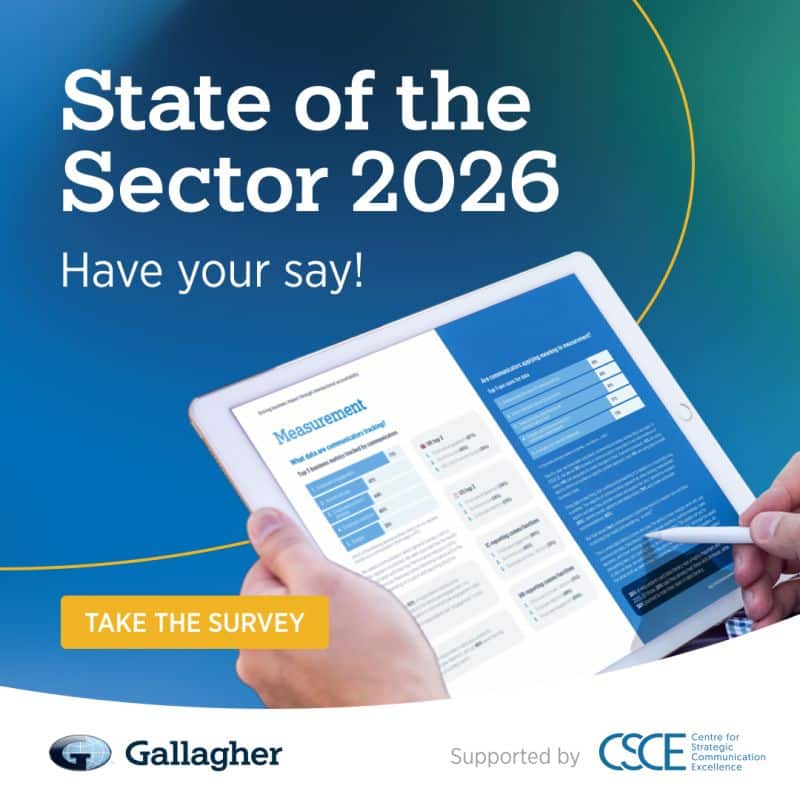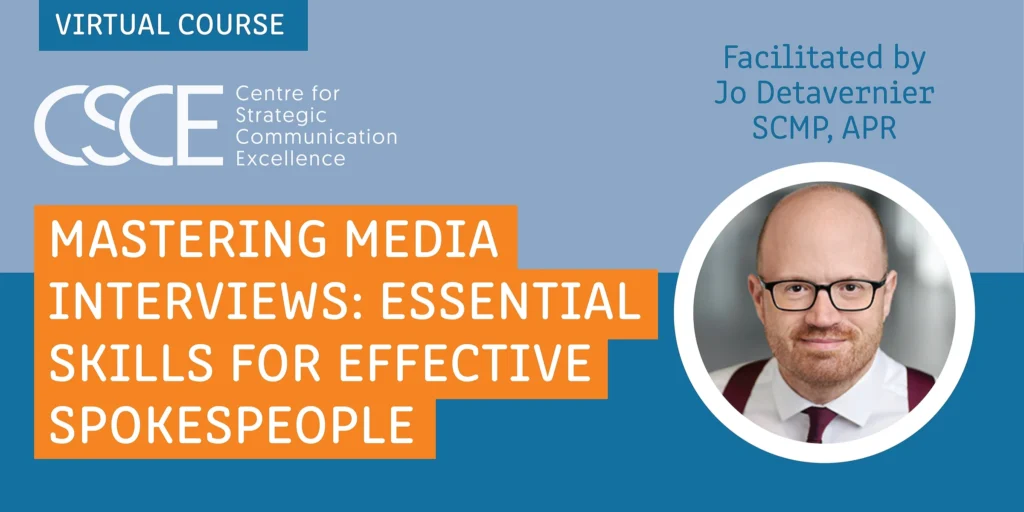First, let me state categorically that the onslaught will start as a gentle spin, and then ramp up to completely change organisations and how they do business, including how they communicate with staff. It might take ten years to go from ‘gentle’ to ‘full on’, so you’ve got time to prepare.
Think back to your first exposure to social media. You possibly dismissed it as something for nerds and tragics. But social media overcame all the adversity and negative ill-will, to become the behemoth that it is today.
Well, artificial intelligence is going to do to organisations what social media has done to communication professionals.
At first its entrance will be slow and tentative; organisations will try it out, make mistakes, become evangelists, become haters, cancel projects and sometimes put all hands to the pumps to make sure the projects succeed. They will churn through consultants, each promising something new, until they find the best fit for their organisation and culture. At each stopping point on their journey organisations will become in turns despondent, hopeful, optimistic, pessimistic, and sometimes downright rude.
But slowly, inexorably, the infiltration of artificial intelligence will occur.
It may start out with a single, simple chatbot to help guide employees through a new process, or an existing complex decision, like an HR policy, or how to connect to the network. Then it might grow to Siri- and Alexa-like tools that turn off lights and order pizza, sort out playlists or inform you whether you need to bring your umbrella to work tomorrow. They may remind you when it’s time to drink a glass of water or take time out to stretch and walk around the office.
After that it will infiltrate the boardroom. A digital assistant will greet each officer by name send the meeting files to their device (laptop, tablet, or phone, they choose), hand off the translation of the meeting in real time to another bot which forwards the translation to your Chinese officer in Shanghai (and vice versa, handles the translation of your Chinese officer’s thoughts and documents to the meeting), organise the diaries of every participant with each other and their subordinates so that post-meeting discussions can take place, and books the boardroom for the next meeting.
For communication professionals, change may well start with the introduction of sales and marketing automation algorithms to find patterns in the complex web of data that both disciplines keep. This will free up the time of your junior staff, who will no longer have to spend long hours number-crunching but can instead perform higher-value work. Which has an added benefit of increasing their job enjoyment and loyalty to their employer. (A side issue: what are we going to do with all the graduates? Their first jobs after university are often dull, repetitive, mundane tasks. But now there are algorithms that can handle all of that. Do you need graduates anymore? Where are your next level of managers going to come from? Who is going to train them, and in what? Will we see the collapse of undergraduate degrees?)
Or it will be your legal team using artificial intelligence agents to perform discovery tasks, drudge work that your paralegals used to do. Now those paralegals will have to find something else to do, some higher-value work. Which will probably increase their job satisfaction and loyalty as well. As long as your organisation chooses to keep them. Of course, all the while you will have to work with HR on making sure employees are prepared to have their jobs change, and to reskill to meet the demands of the new industrial revolution. Training packages will need to be written or rewritten. And some employees just won’t fit into the new environment—perhaps because of an over-supply, or because of an unwillingness or inability to learn new skills—and will have to be let go. How this is handled will ripple (if not surge) through your employees and their view of your organisation in this new industrial age, the fourth industrial revolution.
As communication professionals, we are charged with protecting the reputation of our organisations, no matter in which domain the organisation finds itself. So external communication, internal, PR, stakeholder, crisis… all aspects of the communication world will find themselves challenged by the relentless slow-but-speeding-up march of artificial intelligence.
AI will give us new challenges, but it can also give us new tools. In the world of communication, marketing and engagement the trend to use AI is well underway with chatbots, voice search, virtual assistants, automated content curators, AI-generated content, augmented reality, and more.
With marketers recognising AI as a tool for personalising customer experiences and understanding customer behaviour across channels, AI is also helping to deliver the right message on the right channel at the right time. That’s key to what we as communication professionals, internal and external, do so it’s just as relevant as it is to our marketing colleagues.
Your organisation may not be dealing with life-and-death decisions. It might be dealing with widgets. But how the different stakeholders are communicated to and with about artificial intelligence will speak volumes for your organisation’s ethics, values and drivers. That is entirely in your lap.
Choose your next move wisely.
Here are some great sources for keeping up to date with developments in AI:
- Search Twitter, LinkedIn and Google for the following hashtags:
- #artificialintelligence
- #winwithai
- #prinai
- #aiformarketing;
- Follow Mike Quindazzi on Twitter; he tweets about tech trends in business (http://twitter.com/MikeQuindazzi);
- To get a measure of commercial applications of AI, follow the Twitter account SwissCognitive (http://twitter.com/SwissCognitive);
- Sit down with your HR manager and plan how you are both going to approach the issues of retraining and possible retrenchment of employees—how will you frame the conversations with your employees;
- Talk with your IT manager about chatbot software (and have a look at Zendesk as one of the primary vendors) and how it could reduce support calls (this is where your discussion with your HR manager feeds into your discussion with the IT manager and their staff);
- In building your understanding of artificial intelligence and how it will impact your organisation, keep a running list of questions and thoughts in, say, Evernote. Write a mini-journal, if you like. And keep coming back to these four questions:
- Why is your organisation doing this?
- For whom are you trying to deliver a communication solution?
- What solution or technology will your organisation employ?
- How will you deliver your communication project?
- And finally, subscribe to our blog because AI is 99% of what we blog about. We also podcast and vidcast about AI, and you can find those links on the blog.





